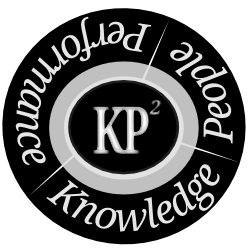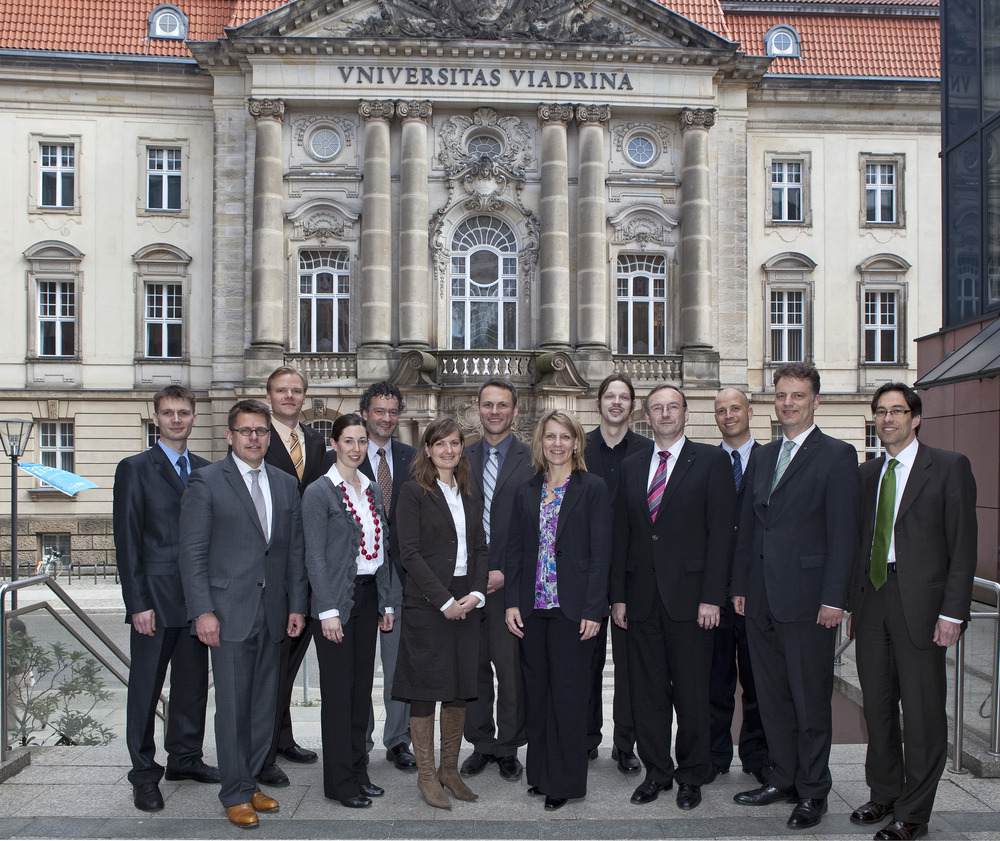Here a few speakers and sessions I particularly liked:
1. It really doesn’t matter who you are or how you got here by Bruce Meglino
Bruce talked about his career and how it developed over time. He had to work very hard to make his way up. It sounded a bit like the American self-made millionaire story, with the exception that it was told for an academic audience. At one point Bruce posed a question to the audience: “Do you feel guilty when watching TV? If you do, chances are you work hard enough.” I couldn’t agree more.
2. The truth about academia by Angelo DeNisi
Angelo provided a personal account of his journey through academia and stressed the costs and sacrifices of being in the profession. Although this could be seen as discouraging, I felt he was sincere about the drawbacks of his chosen career path without deflating its value. Having served as a past president of both the Academy of Management and the Society for Industrial and Organizational Psychology, he admitted that his career had interfered more than once with his personal life, forcing him to give up many, if not all, of his hobbies and breaking the relationship with his first wife.
3. The 300 Dollar House by Vijay Govindarajan
I had recently read about an interesting project in the Economist about housing the poor. When Vijay stepped on the stage and opened his slide set, I was extremely thrilled to see what was coming up. He gave a presentation on the 300 dollar house, a research project that has a huge potential for society. I was deeply impressed with his efforts of turning this research into reality. A particularly noteworthy aspect of this job is the use of social media to generate ideas and build a community that wouldn’t be able to meet and fulfill its mission in ‘real life’.


